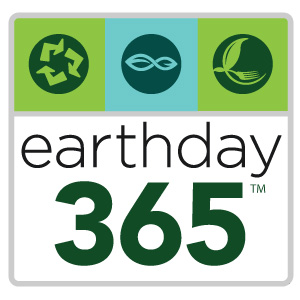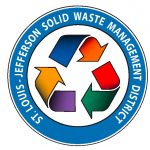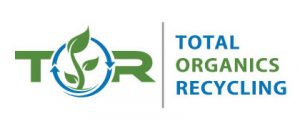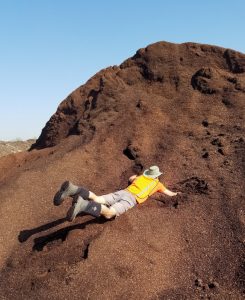Saving Food Saves Money, Combats Climate Change
Composting food scraps is the last resort to keep food out of landfills and creating hazardous methane gas. So take steps to reduce wasted food in the first place and you will SAVE Money, (on average an individual can save $1,300/yr), AND help save the costs of food production for farmers. When farmers use less inputs like fertilizers, water, gasoline for transportation; we reduce our overall carbon footprint and that combats climate change!
Do it for your wallet; we will all thank you.
Here’s how it works:
- Register for a subscription at one of three levels. Registration opens April 11th for the 2022 season.
- When you still have food scraps or leftovers that go uneaten during the week, collect your kitchen food scraps and spoiled foods at home in a bucket with a lid.
- Bring that bucket of food scraps to our booth at the market
- Our staff/volunteers will weigh and record your wasted food scraps, and deposit it into onsite roll carts from Total Organics Recycling
- After the market, the roll carts are hauled by our partner, Total Organics Recycling, to their St. Louis Composting Facility where it will be turned into a nutritious soil amendment for local gardeners and farmers.
- Invoices based on your subscription level will be sent out electronically for you to easily pay online.
Collect your food scraps.
Bring it to a Farmers’ Market.


We will weigh it and…
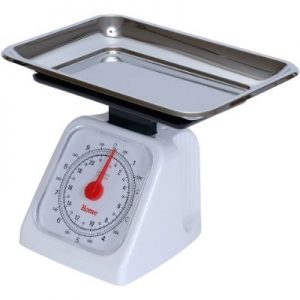
put it in compost tote to haul away.
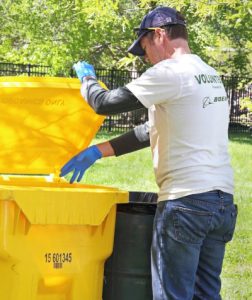
Here are the details:
The seasonal subscription program will run at Tower Grove Farmers’ Market from May through October. It is estimated that we throw out about 3.5 pounds of food per person per week. Two people doing the Pay-As-You-Throw model will spend about $14/month or $84 over 6 months.
Each subscription is allowed one drop off per week at the Farmers Market. Weights will be recorded so each subscriber will have a data set for the season, and can track their success. Fees paid will offset costs for booth fees, staff time, and hauling. Three levels of service!
Costs for food scraps drop-off service include:
- Sustainability Advocate: $25 setup fee, then free for residents making under $35,000 per year. 15 pounds/week maximum.
- Pay As You Throw: $25 setup fee, then $0.50/pound billed monthly. 20 pounds/week maximum.
- Annual subscription (April – October): $150 non-member fee; $125 member fee to throw up to 30 pounds/week.
Prorated fee scale: After June 1, $100/125; After August 1, $75/50 - All earthday365 members get $25 off any level of service!
- For non-members, any service level includes an earthday365 Sustainability Advocate membership.
Answers to Your Questions
Food scraps only. This includes fruits, vegetables, coffee grounds, meat, bones, dairy, cheese, eggs, pasta, bread, and other grains, avocado shells and pits. Oil and vinegar on your leftover salad? No problem! Compost it. How? St. Louis Composting is a commercial composting facility that is able to reach high enough temperatures to breakdown meat, dairy, and other foods that are not backyard-compostable.
Plastic bags and plastic produce stickers. No bulk oils or grease. No compostable serviceware. If you wouldn’t eat it, neither will our soil microbes!
Currently, there is too much confusion about what is and is not compostable which leads to contamination of the valuable soil amendment made from food scraps and yard trimmings (Compost!). Plus, some paper “compostable” products have been lined to make them grease-resistant by using persistent non-degradable toxic chemicals (PFAS) which do not break down in compost piles. The Compost Manufacturing Alliance is working on field testing various products throughout the nation, but until they have a substantial list of certified products, we are playing it safe by not accepting any serviceware.
They are hauled by Total Organics Recycling to a St. Louis Composting Facility where they will be placed inside large static outdoor piles of mulch, tree branches, lawn cuttings, leaves, and other organic materials. It is then covered to reduce smells and interested animals. After two weeks, it is turned on a scheduled basis until it is ready to be sold in 6 months as compost to local gardeners, landscapers, and farmers.
No, but it is included, so why not enjoy the multiple benefits of an earthday365 membership? As an earthday365 member, you will be the first to learn about our new initiatives and volunteer opportunities supporting the local food movement, environmental justice collaborations, and events (virtual or otherwise) that reflect your values.
Yes! If you are not currently a member of earthday365, the signup fee will register you for the subscription service and a one year Sustainability Advocate membership (worth $25). Benefits include educational opportunities to connect with other sustainability advocates, joining our Eco-Media Club, 3 coupons to Green Dining Alliance restaurants, plus discounted admission to earthday365 events and more
Why is this important?
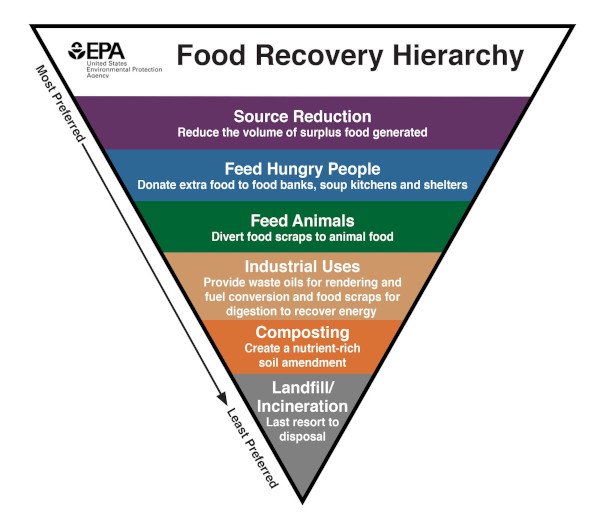
When Your Backyard Won’t Work…
Curbside Pickup Offered by These Regional Composters:
Please, Remember to Peel your Produce Stickers and throw them away. They are made of plastic and will survive the composting process to contaminate our garden soils.
Our main goal is to keep food from being thrown into the landfill by following the REDUCE, REUSE, RECYCLE strategy. First, we want to reduce the volume of surplus food generated. Then, reuse edible food and scraps to support food getting eaten by people and animals or used in industry.
- Donate edible foods to those who need it,
- be mindful of what and how much you purchase, how you store it,
- and then be sure to eat it before it rots in the back of the fridge or pantry.
Composting food is the last chance before landfilling and it is a fantastic way to recycle food into a new, very useful product. Compost from yard debris and food scraps are an excellent source of carbon and nutrients needed to repair and amend our degraded soils from poor farming and residential landscaping practices. Putting compost back into our soils, our gardens, and on our lawns, helps to build a healthy underground ecosystem of beneficial microbes that capture carbon and helps plants grow better as well as increasing water retention to reduce storm runoff events by slowing, spreading and sinking water into the ground where it is needed.
Whenever organic materials (paper, plants, food, etc.) are thrown into the trash, they end up in a landfill. What a waste for our “waste”! Modern landfills are designed to have very little moisture or oxygen, which is needed for healthy aerobic decomposition. Carrots can sit in there for years and still look like a carrot! You can still read the newspaper from 25 years ago! Landfills are not designed to decompose, they are designed to hold and contain our waste materials.
The EPA estimated that in 2018 in the United States, more food reached landfills and combustion facilities than any other single material in our everyday trash, at 24% of the amount landfilled, and at 22% of the amount combusted with energy recovery. Landfills are meant to capture solid inorganic wastes, not food. Keeping food and other organics out of the trash and our landfills is important to reduce methane emissions, a very potent greenhouse gas contributing to global climate change, as well as, being important for saving resources used to fertilize, grow, harvest, and transport food.
